No Man’s Sky has become a cornerstone in the gaming industry, lauded for its expansive universe and groundbreaking planet generation technology. It's a testament to the developers' commitment and a prime example of a true sandbox experience.
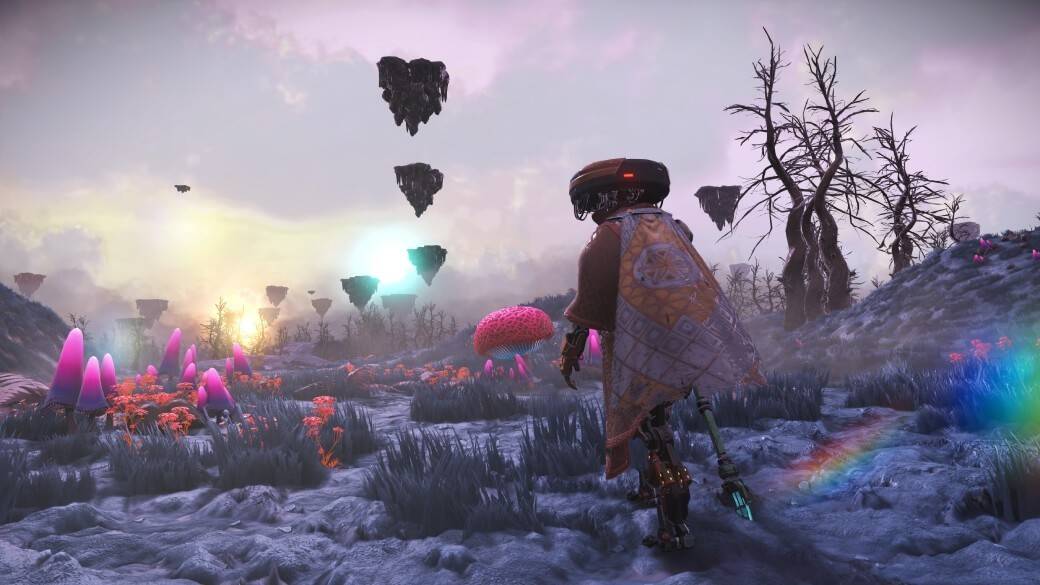 Image: nomanssky.com
Image: nomanssky.com
The game's evolution took a significant leap forward with the release of the second part of the massive Worlds update, expanding its universe and enhancing its visual appeal.
Table of Content ---
Mysterious Depths New Planets Gas Giants Relic Worlds Other World Improvements Updated Lighting Construction and Progress 0 0 Comment on this Mysterious Depths
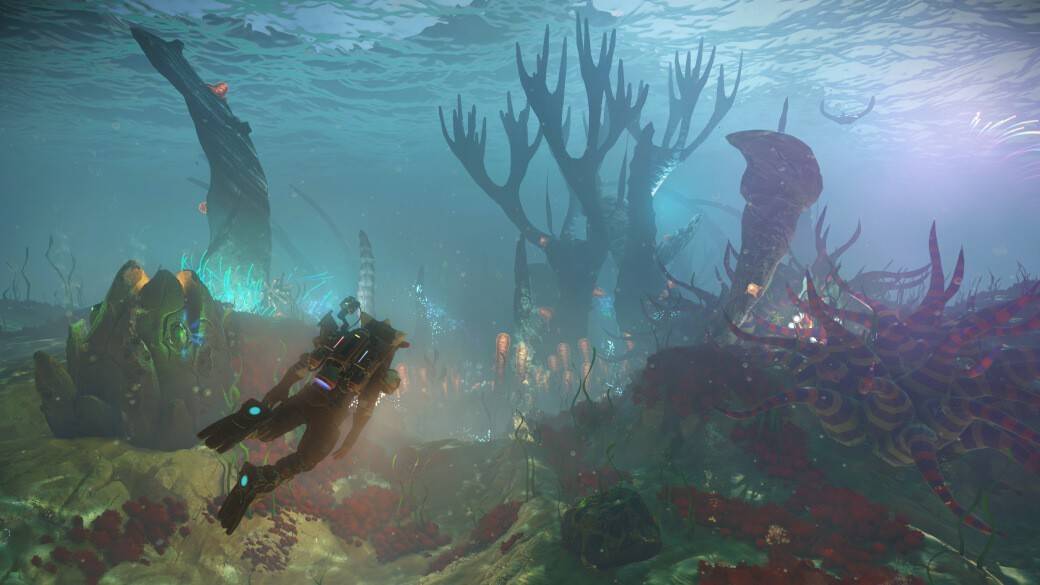 Image: nomanssky.com
Image: nomanssky.com
The core focus of Worlds Part II was the transformation of underwater environments. Previously overlooked, oceans and lakes have been revamped to offer a compelling experience. The depths are now more profound, shrouded in eternal darkness and high pressure, necessitating specialized suit modules for survival. A new pressure level indicator assists players during their dives.
Despite the darkness, the underwater world is illuminated by bioluminescent flora and fauna, such as glowing corals and creatures.
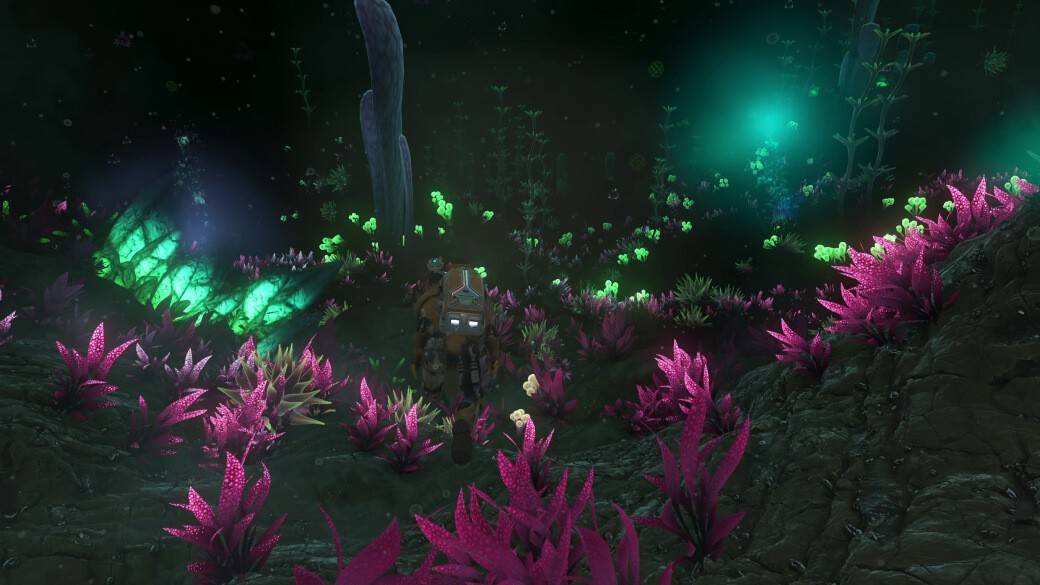 Image: nomanssky.com
Image: nomanssky.com
Even the lighting in shallow waters has been enhanced, creating visually stunning scenes.
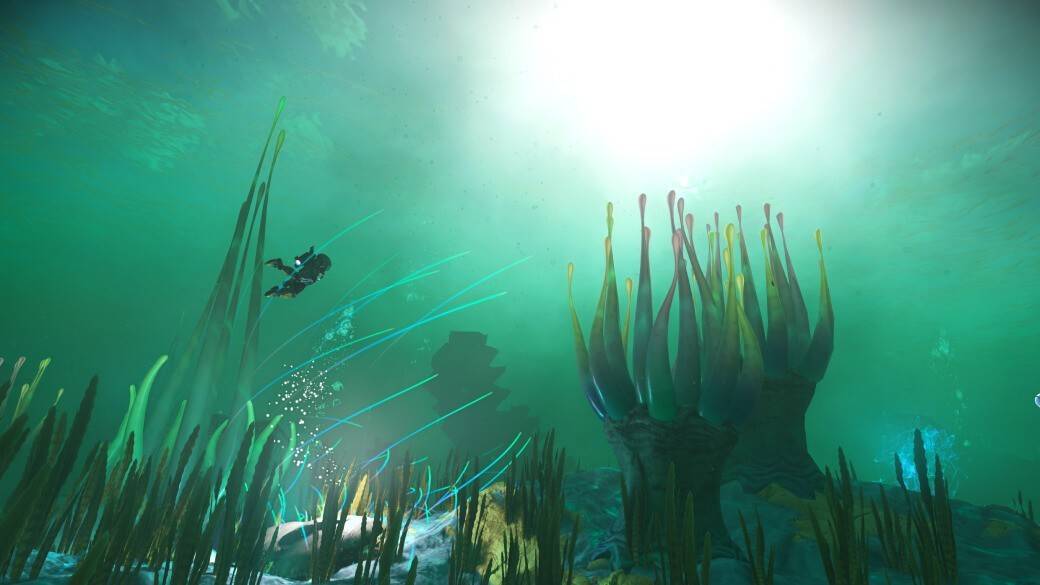 Image: nomanssky.com
Image: nomanssky.com
The update introduces new underwater species, from fish and seahorses in moderate depths to intimidating, colossal squids in the deeper realms.
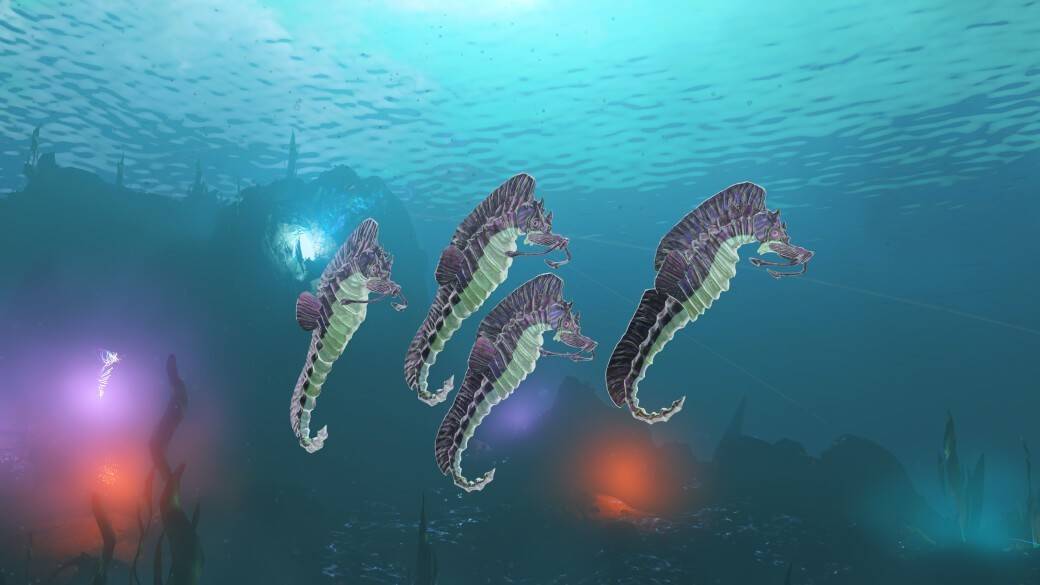 Image: nomanssky.com
Image: nomanssky.com
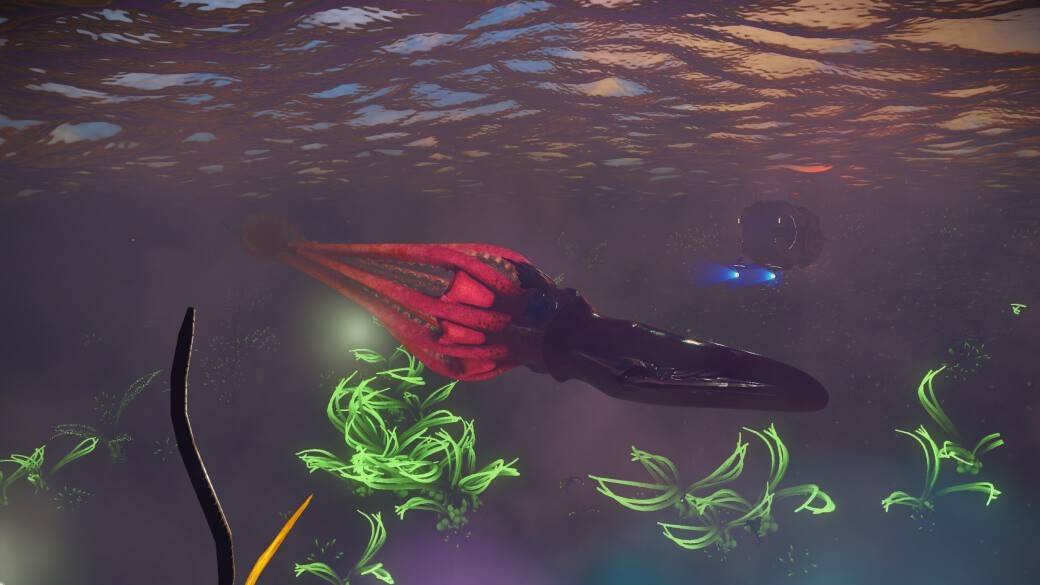 Image: nomanssky.com
Image: nomanssky.com
These changes make underwater base construction more appealing, offering gameplay experiences akin to those found in Subnautica.
New Planets
The update also adds hundreds of new star systems, including unique purple star systems with new oceanic planets and gas giants.
Gas Giants
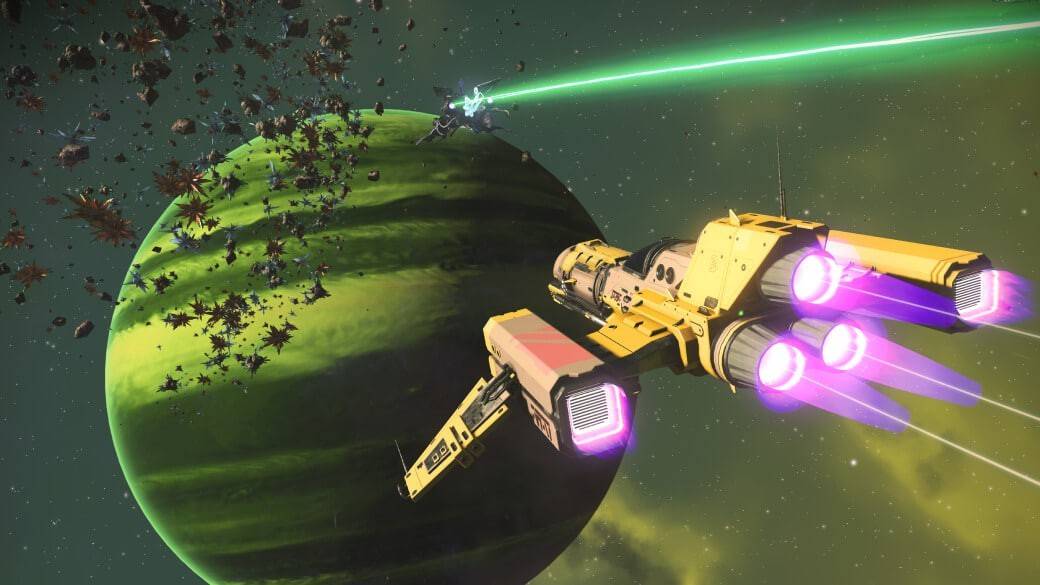 Image: nomanssky.com
Image: nomanssky.com
Accessing these systems requires completing the storyline and acquiring a new type of engine. The rewards are worth it, as these systems host the best resources. Gas giants in the game feature a rocky core, where players can land despite the raging storms, lightning, radiation, and high temperatures.
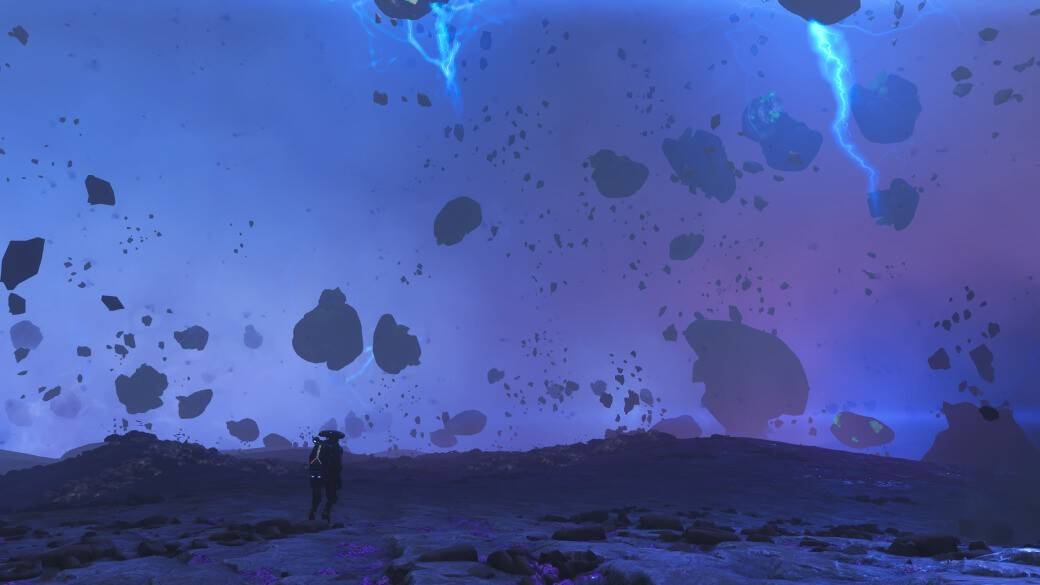 Image: nomanssky.com
Image: nomanssky.com
Relic Worlds
Following previous updates that introduced ruins of ancient civilizations, Worlds Part II expands on this concept with new planets entirely covered in relics, offering players a chance to explore and discover artifacts and records of lost civilizations.
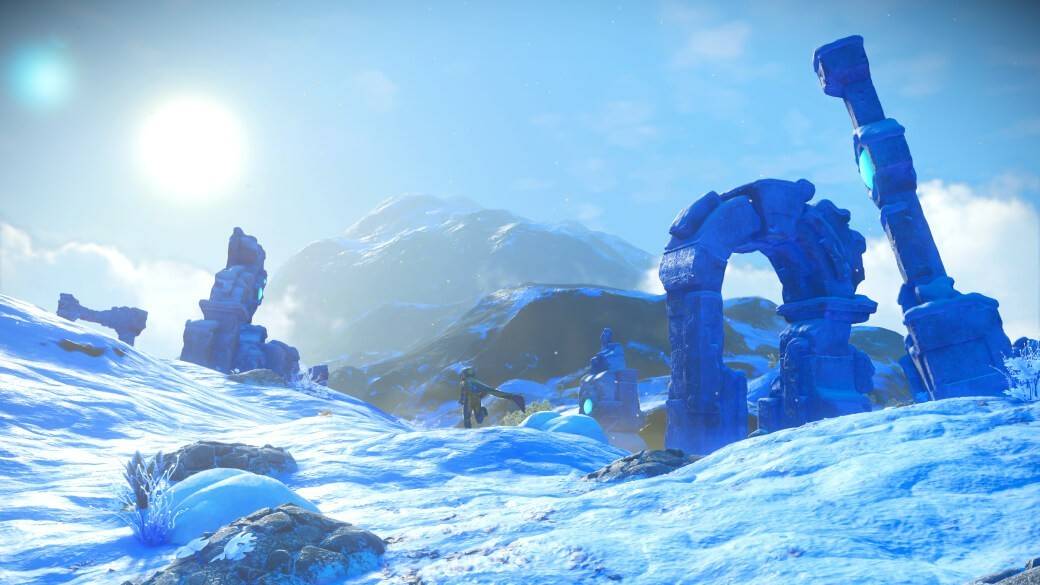 Image: nomanssky.com
Image: nomanssky.com
Other World Improvements
All planets benefit from a new landscape generation system, resulting in more varied and unique environments. This includes denser jungles, planets influenced by their stars with adapted flora and fauna, and revamped icy planets with new landscapes and species.
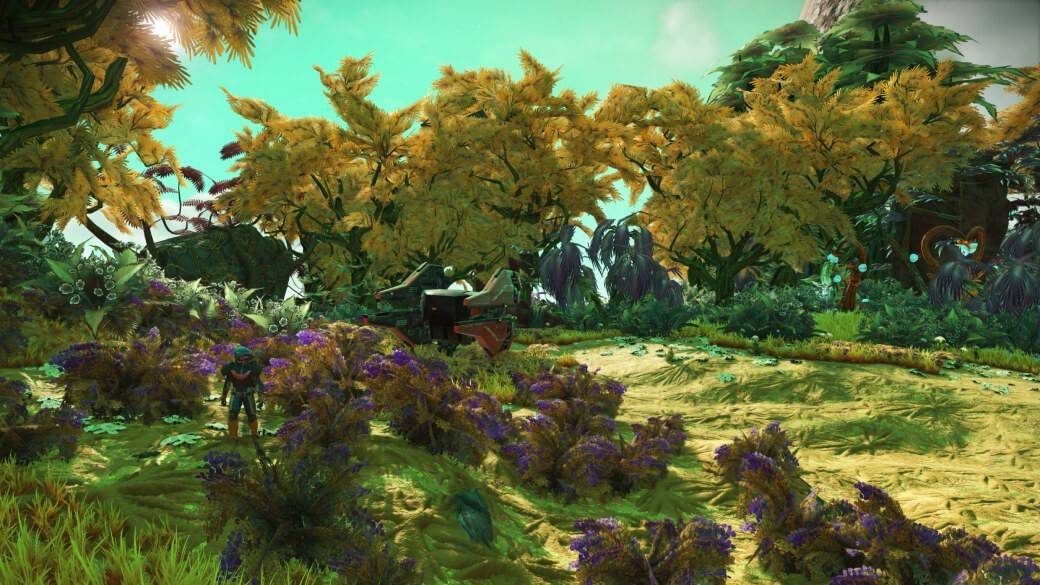 Image: nomanssky.com
Image: nomanssky.com
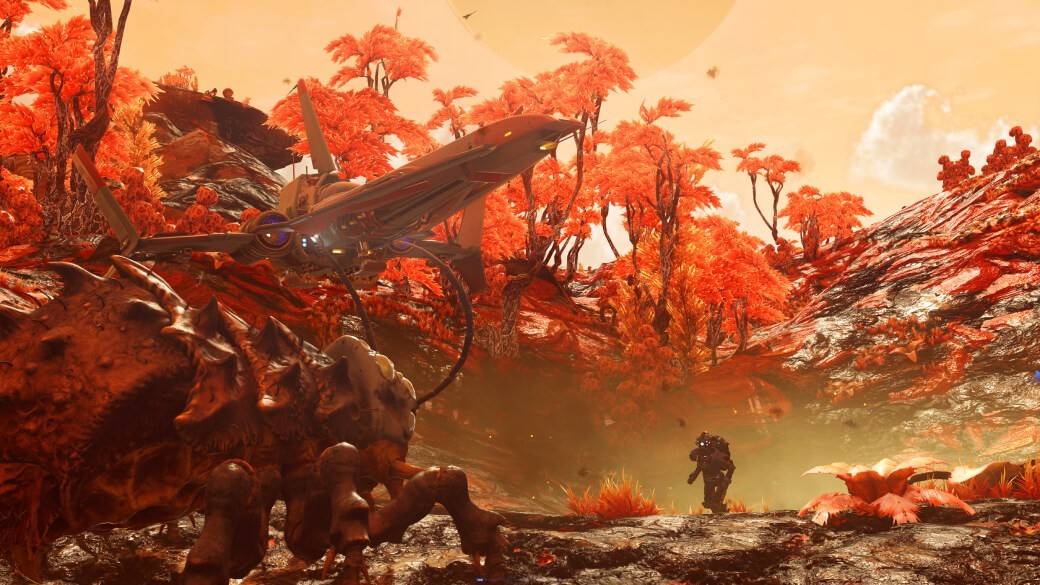 Image: nomanssky.com
Image: nomanssky.com
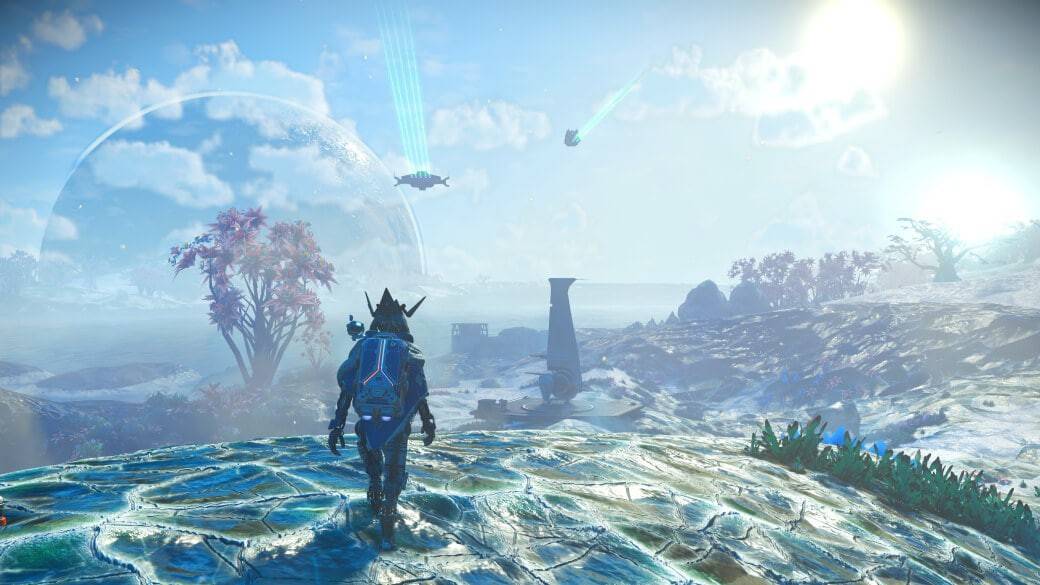 Image: nomanssky.com
Image: nomanssky.com
New extreme geological features like geothermal springs, poisonous anomalies, and geysers have been added, along with toxic worlds dominated by mushroom spores.
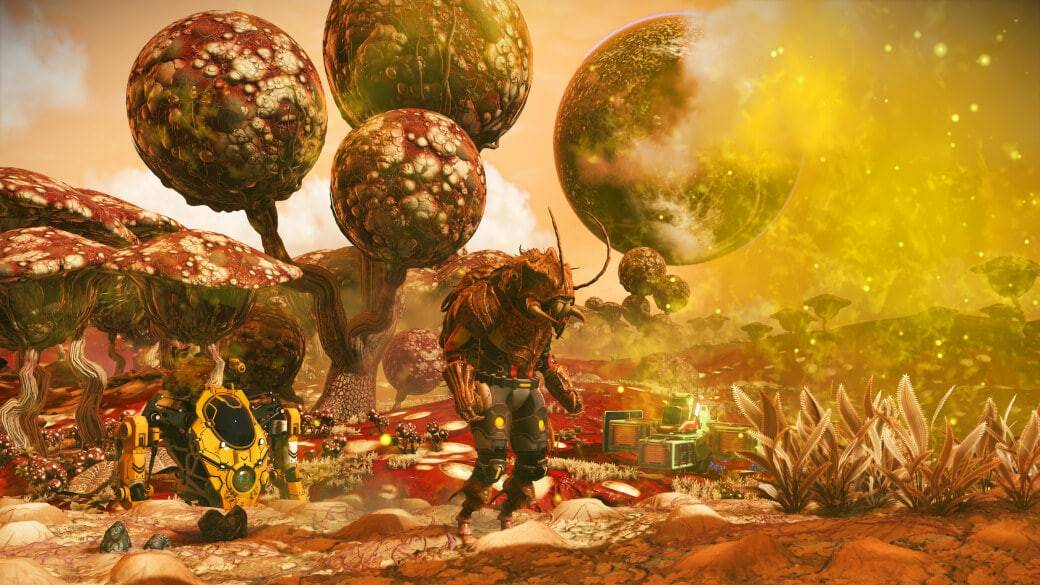 Image: nomanssky.com
Image: nomanssky.com
Updated Lighting
Lighting enhancements extend beyond the underwater realms to include caves, buildings, and space stations, improving overall visual quality.
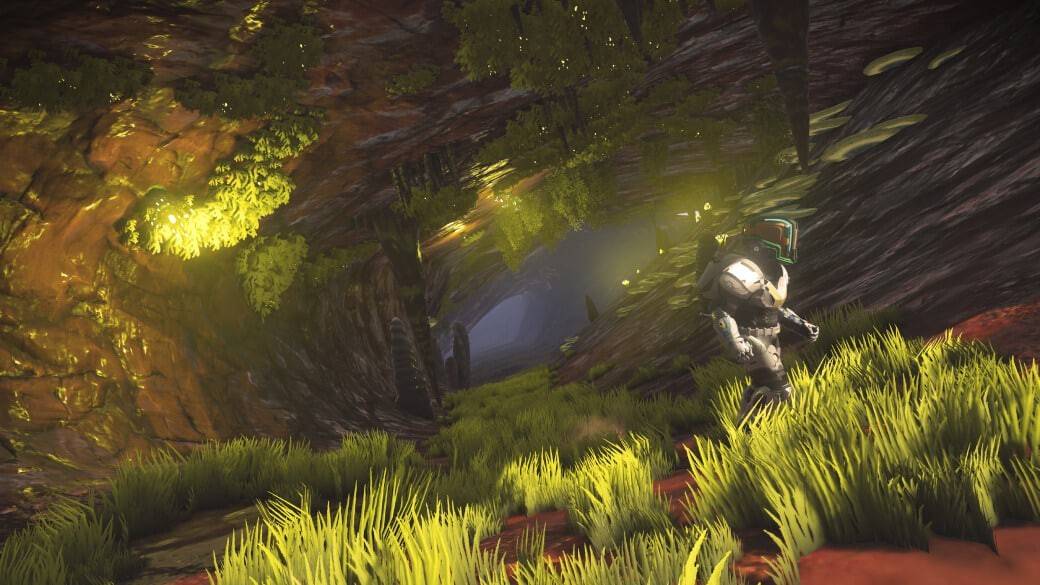 Image: nomanssky.com
Image: nomanssky.com
Performance improvements have also been made, ensuring smoother transitions between orbit and planets, and faster loading of the Anomaly.
Construction and Progress
New construction and upgrade modules have been introduced, such as matter generators for the Colossus and a flamethrower for the scout. Additionally, new ships, multi-tools, and character customization options are available. Players can now enhance their bases with ancient ruins like columns and arches.
These updates represent just a fraction of the changes; for a complete overview, check the official patch notes. I highly recommend diving into the new Worlds Part II update to experience the enhanced gameplay and stunning visuals of No Man’s Sky.






